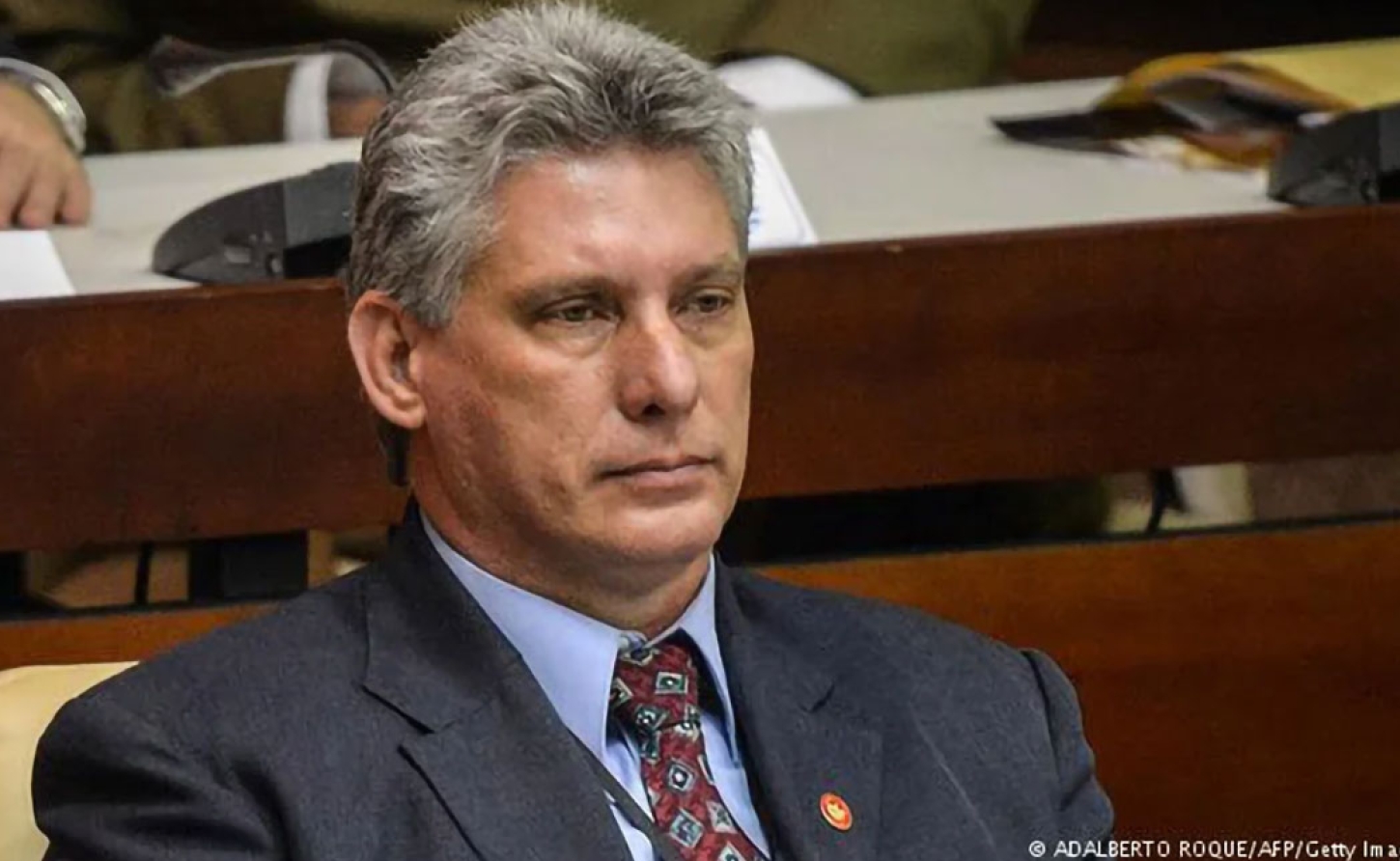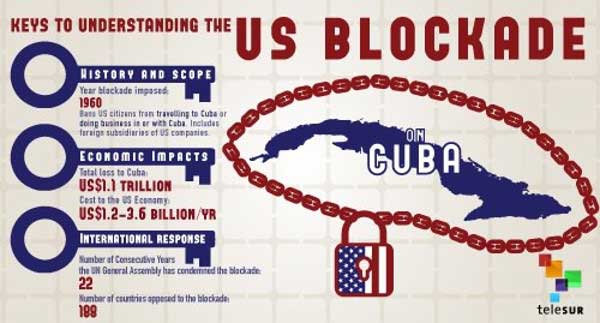CUBA Denounces Trump's 'Return to Cold War' Policies

In a forceful statement released today, the Cuban government condemned what it calls a "calculated assault" on its sovereignty by the Trump administration, marking a sharp escalation in tensions between Havana and Washington. The statement comes in response to recent U.S. measures reinstating economic restrictions and returning Cuba to the state sponsors of terrorism list.
Cuban officials characterized the policy shift as an "absolute disregard for the truth" and a return to failed Cold War strategies. The Ministry of Foreign Affairs highlighted that this reversal had been anticipated, citing their January 14 warning about the inconsistent and "arbitrary" nature of U.S. policy toward the island nation.
The statement took particular aim at what Cuba views as Trump's broader imperial ambitions in the region, drawing parallels between current U.S. policy and historical doctrines of hemispheric domination. Cuban officials pointed to what they describe as a concerning pattern of U.S. territorial ambitions, including reported interest in Greenland and assertions of influence over the Panama Canal.
Havana's statement specifically criticized what it termed an "anti-Cuban business" – a network of hardline politicians and groups who have "profited for decades" from hostile relations between the two countries. These actors, according to Cuban officials, bear significant responsibility for the island's economic challenges and increased migration flows to the United States.
 According to Cuban officials, the latest U.S. measures represent a deliberate strategy of "encirclement and asphyxiation," aimed at undermining the country's sovereignty. However, they maintain that such tactics have historically proven ineffective, citing widespread international support for Cuba's position and what they describe as their nation's unwavering resolve.
According to Cuban officials, the latest U.S. measures represent a deliberate strategy of "encirclement and asphyxiation," aimed at undermining the country's sovereignty. However, they maintain that such tactics have historically proven ineffective, citing widespread international support for Cuba's position and what they describe as their nation's unwavering resolve.
The statement acknowledged the severe economic impact of these policies on Cuban citizens. "The economic blockade and its reinforcement will continue to weigh heavily on our economy, standard of living, and potential for development," the document noted, while emphasizing that such pressures would not alter the country's political course.
In a defiant tone, Cuban authorities reaffirmed their commitment to socialist principles and economic recovery, declaring their determination to pursue development without foreign interference. The statement highlighted widespread international solidarity, noting support from governments, expatriate Cubans, parliaments, and various political and religious organizations worldwide, including voices within the United States itself.
The government's message concluded by referencing a December 20 march in Havana, which it presented as evidence of popular support for its position. "No one should be under any illusions," the statement declared, ending with the emphatic assertion that "Cuba will win."
The latest diplomatic clash comes amid growing debate over the effectiveness of U.S. sanctions policy, with critics arguing that renewed restrictions may serve to strengthen rather than weaken the Cuban government's position. Some observers suggest that the return to harder-line policies could complicate efforts to address shared regional challenges, including migration and security cooperation.

 Ar
Ar  En
En